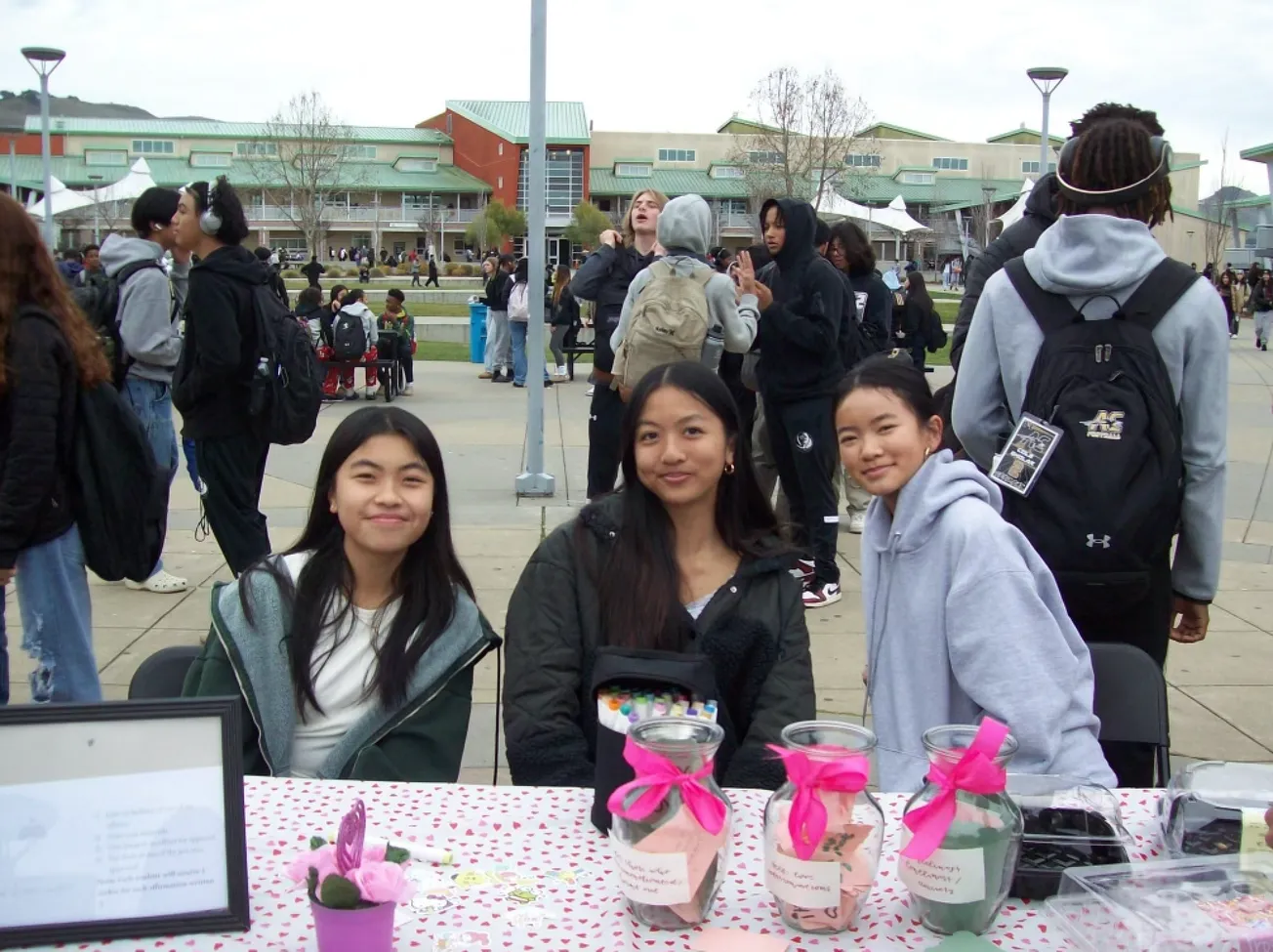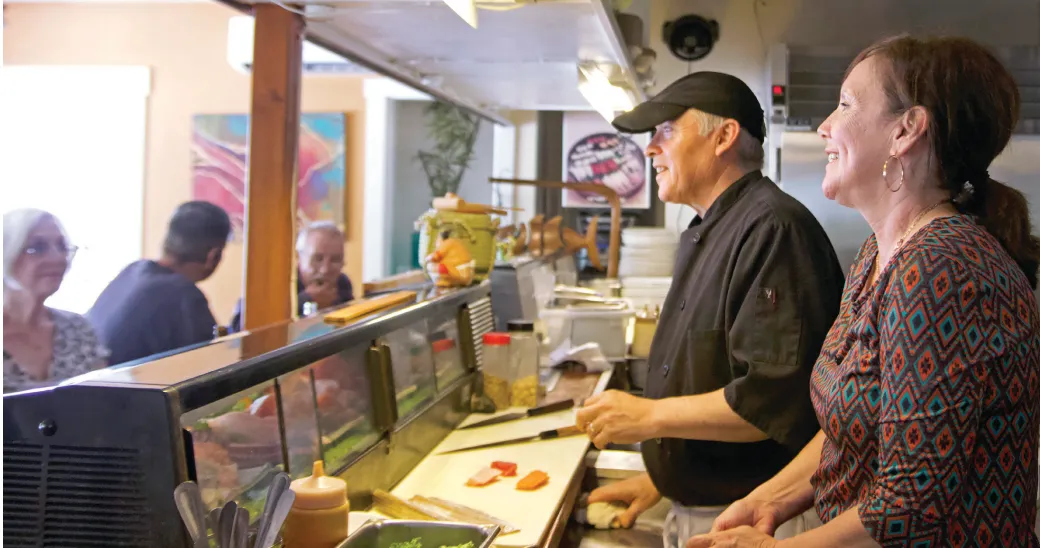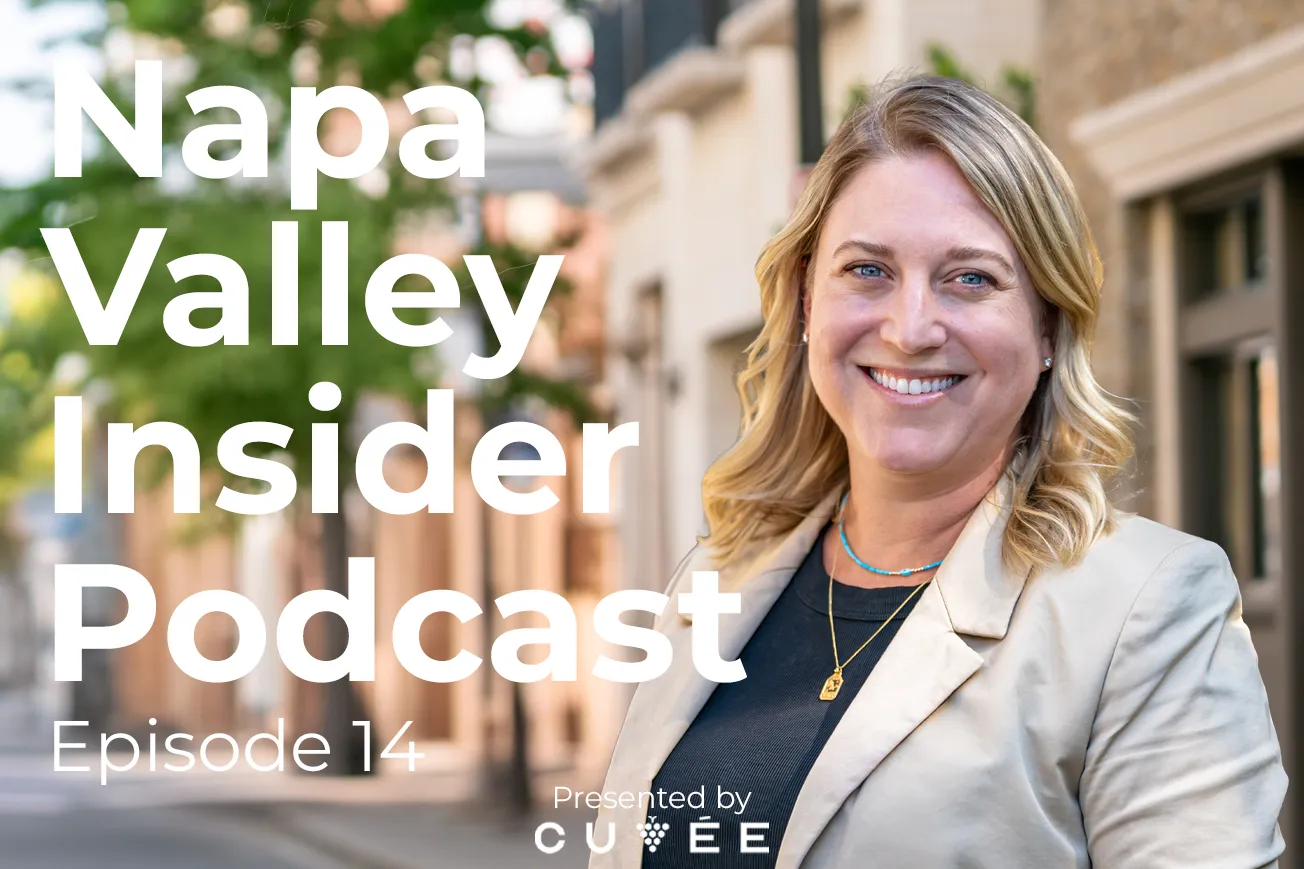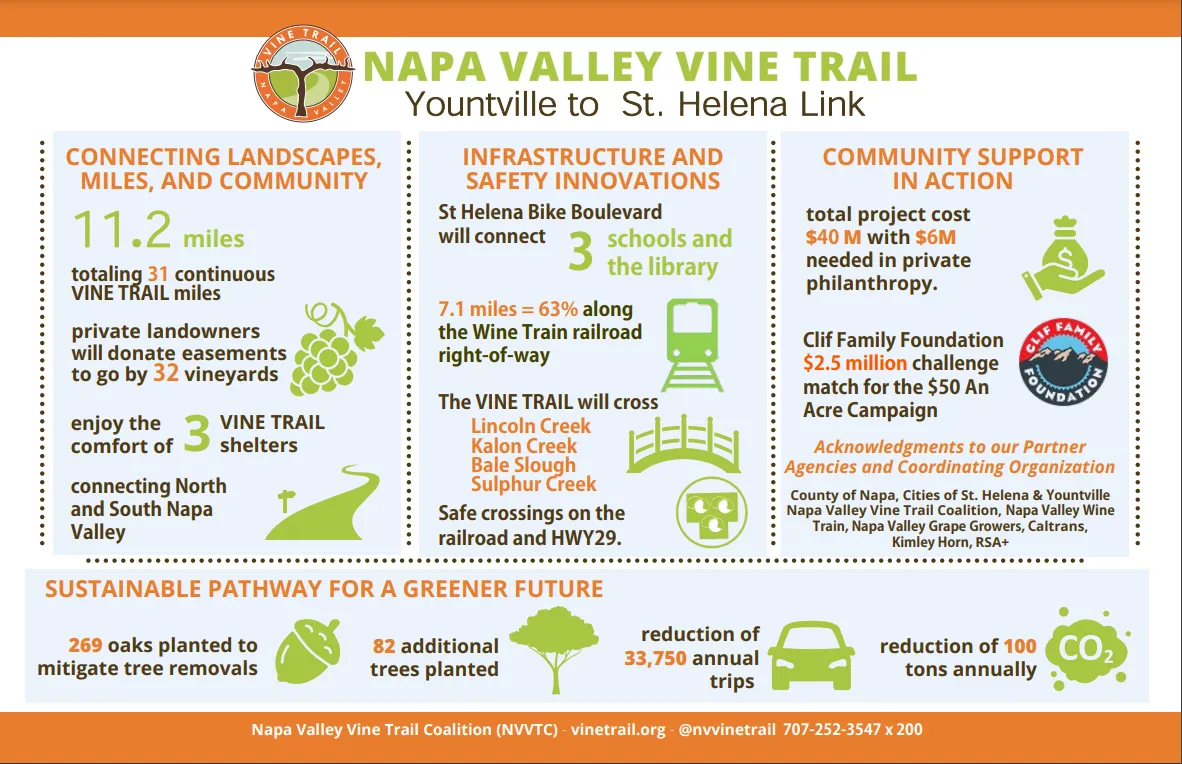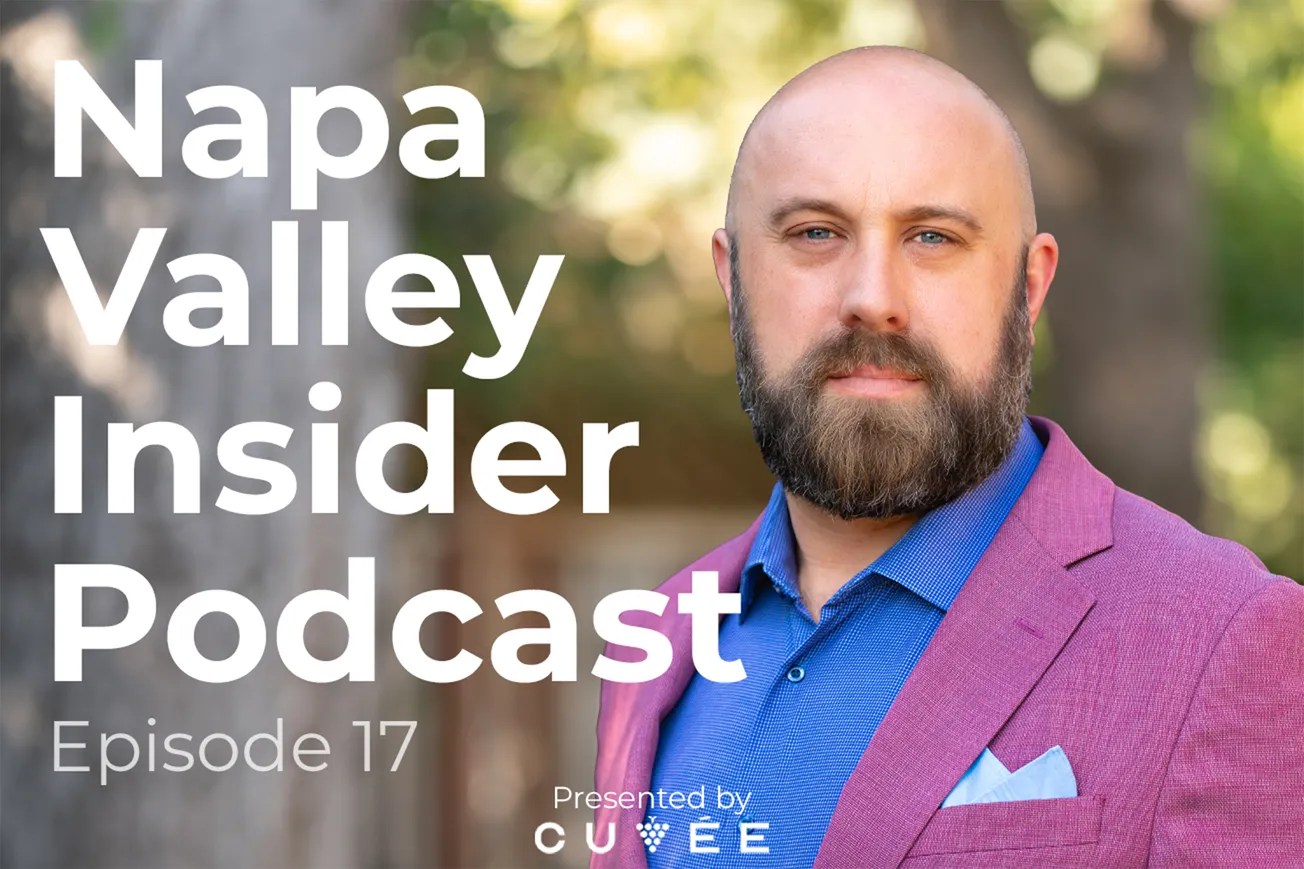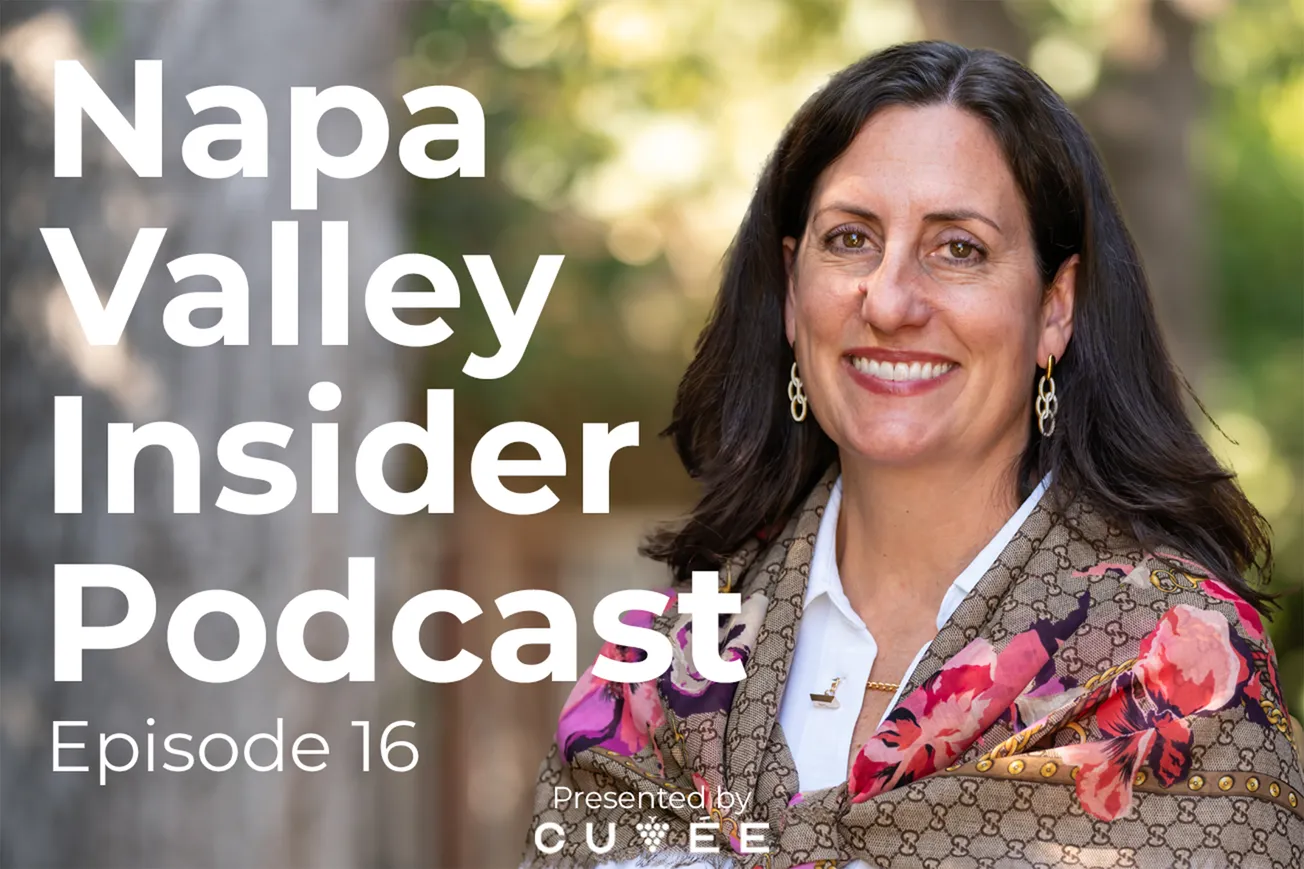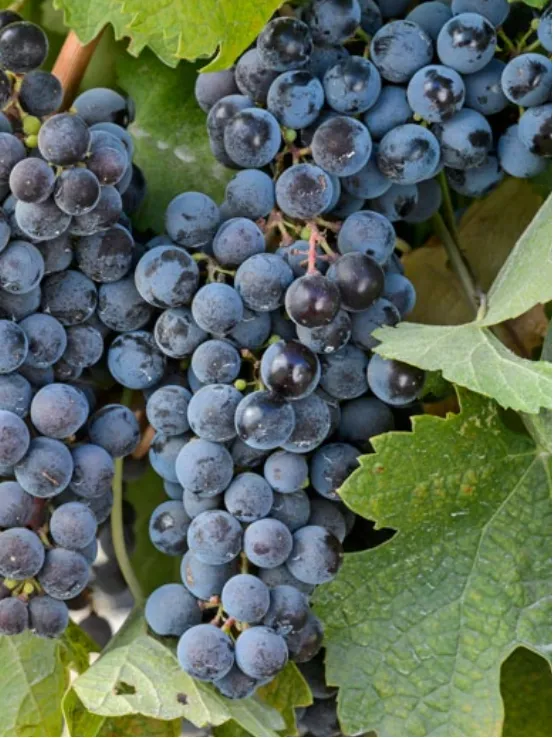It started with an Instagram poll.
“What is the biggest issue you are dealing with?” asked Yesha Sacatani, a junior at American Canyon High School.
As answers flooded in from her teenage peers, one response rose to the top: self-love.
For Sacatani, 16, self-love was in short supply, and had been since eighth grade, a lingering ripple effect of the pandemic.
“When we were on lockdown during COVID, I was spending hours on Instagram and spiraled,” she said. “The girls online were slim and fit. I started working out everyday, obsessively looking for tutorials on how to look better.”
Before 2020, Sacatani said, she was a naturally confident, average teenager, who didn't engage much on social media. Instead, she spent her energy volunteering with Kaiser Permanente and the Red Cross, and enjoying time with her friends and younger sisters. Then came the lockdown.
“My insecurities began on Instagram,” she said. “I was a middle-schooler spending a lot of time inside and on my phone. I became so self-conscious about how I looked, how I walked, how I talked, everything about myself.”
Even after the lockdown ended, Sacatani carried her anxieties into high school.
“I still went through struggles of accepting myself, both physically and even academically,” she said.
Sacatani hid those struggles from her parents and two younger sisters for about a year until, one day, while comparing her appearance to another person online, she fell apart and couldn’t hide it anymore.
“I was crying and my sister asked if I was okay,” she said. “I told her everything. Then she told me how she felt like she did not fit in her school. I related to her and it was nice because I felt like I wasn’t alone.”
That’s when she started to get an idea.
“I remember that feeling. I wanted other people to feel that way too because I remember being in such a deep state of insecurity,” she said.
In August 2023, Sacatani founded Self-Lovin’ Hearts, a support group on campus to help students help each other realize their strengths and value in the world. And she really tapped into something.
According to more than a dozen educators and students interviewed for this story, the one-two punch of pandemic isolation and social media overload that kids have experienced in recent years has taken an ongoing toll on students’ self-esteem and mental health.
Thirty-nine percent of students surveyed in the Napa Valley Unified School District reported struggling with chronic feelings of sadness or hopelessness, according to the 2023 California Healthy Kids Survey.
The survey also indicated that by 11th grade, female students in Napa experienced chronic feelings of sadness or hopelessness at almost twice the rate of their male counterparts. BIPOC students in the district, including those of Asian, Black and Latinx descent, reported grappling with mental health challenges more often than their White peers.
Only 46 percent of students in the survey said they felt safe at school. Twenty-two percent of them reported that they don’t usually expect to have a good day, and 20 percent reported seriously considering attempting suicide during the past 12 months.
The district’s response to student mental health challenges in recent years has been big. Starting in 2014, four middle schools and three high schools have opened wellness centers on campus meant to provide students with maximum access to mental health support.
The centers are designed to be one-stop shops for students dealing with a broad range of issues, including: depression, anxiety, academic pressure, bullying, substance abuse, sexual health, pregnancy, suicidal ideation, racism, poverty, homelessness, unsafe home environments, abuse, trauma and anxiety relating to campus safety.
The centers are staffed by social workers, counselors, nurses and outreach coordinators who connect students with therapists, support groups, wellness workshops and local health agencies.
And they’re busy.
Thwani Satten, a social worker at American Canyon High School, says the wellness center there sees about 60 kids each day, either drop-ins or by appointment.
“That's about 300 students a week, and we have about 1,700 students at the school,” she said.
None of this comes cheap. The district budgeted about $12.2 million for wellness services and programs for the 2023/2024 school year. The funding comes from the district’s operating budget and federal, state and local grants.
Although the district’s efforts are reaching kids and providing critical services, the work of supporting student mental health is complex and highly individualized, and service gaps remain. Self-Lovin’ Hearts is one of a growing number of student-led mental health initiatives aimed at filling those gaps and amplifying the voices of students as they advocate for the support they need. For example, a student-led podcast focused on mental health, SHINECAST Napa Valley, debuted in January.
“I wanted something specific to self-love because I saw so many trends on TikTok and Instagram about societal beauty standards,” Sacatani said.
Sacatani recalls that, during her freshman year, lunchtime conversations were often dominated by talk about self-image.
“My friends would bring up social media and dissatisfaction with themselves constantly,” Sacatani said. “I realized a lot of people were struggling with self-love, so I decided, why don’t I start an initiative and have it be a resource for people who are also struggling with this?”
Despite the downbeat feelings Self-Lovin’ Hearts is meant to address, Sacatani designed the program to leverage students’ optimism through creativity and service. She and her team organize lunchtime gatherings on campus twice a month that typically attract about 30 students. They work on art projects, such as origami, to promote optimistic expression, and write letters of support to other people struggling with isolation and poor self image.
“High school can sometimes be a very hard time trying to find yourself,” said freshman Mia Bonalba, who learned about Self-Lovin’ Hearts through social media and acquaintances at school. Now the group’s leadership coordinator, she says the program is the first local organization to talk with teens about self-love, self-help and mental health all together. “Once I joined this club, I felt much more seen.”
Sacatani believes in the project so much that she has filed papers to make Self-Lovin’ Hearts a nonprofit organization that can be replicated throughout the district and eventually beyond.
“I had to ask my parents to be on my nonprofit advisory board since me and the rest of the board members were underage,” she said.
Her parents agreed.
“Her dad and I are so proud,” said her mother, Nessie Sacatani. “She is only 16 years old and I think this will help a lot of kids. This is a big initiative on her part and we are here to support her. My worry is if she comes across a student with significant need and requires professional help.”
It helps that the group operates on campus, where the district is paying attention and supports what Sacatani is trying to do.
“It builds students up because it's themed around community and their own development of self worth,” said Jeanne Hillyard, an environmental science teacher at American Canyon High School and advisor for Self-Lovin’ Hearts.
Satten, the school’s social worker, agreed that the model of students supporting students plays an important role in the district’s efforts to address teen mental health.
“Students know what they want,” she said. “They create what they are looking for rather than settling for what we think they need.”



